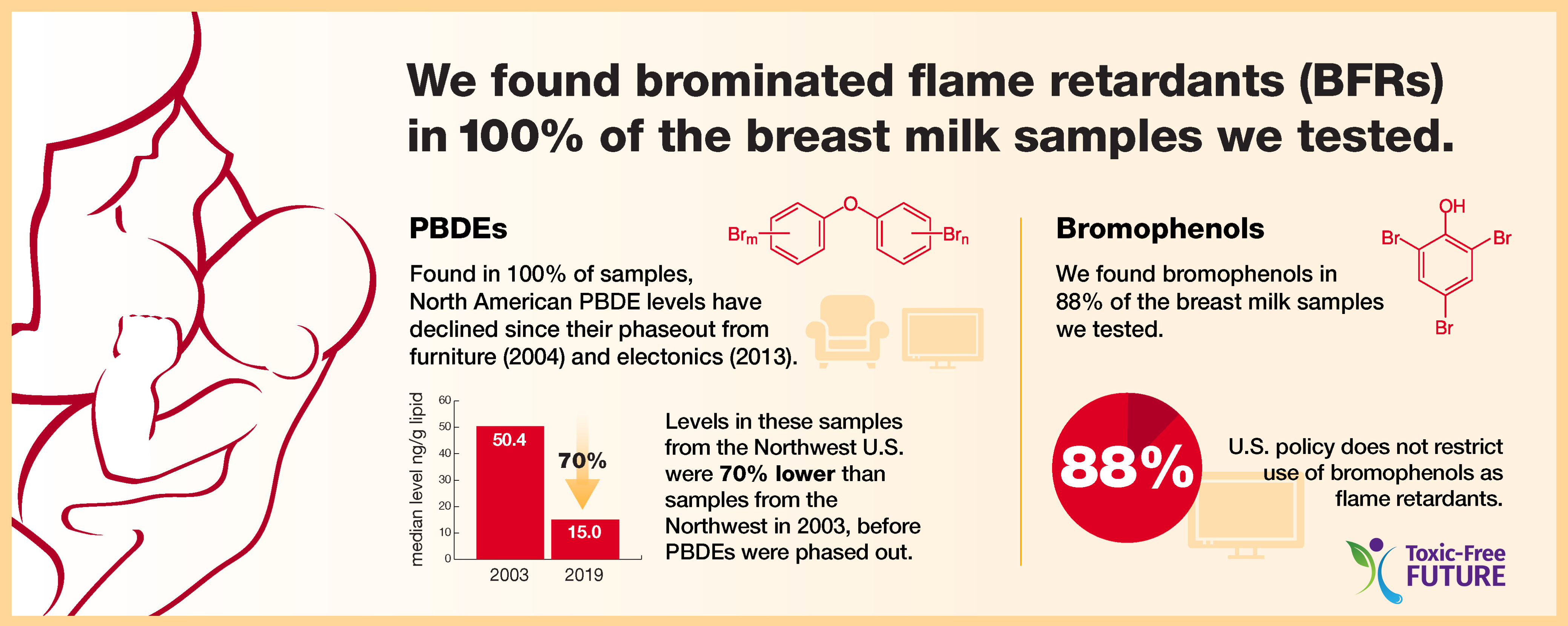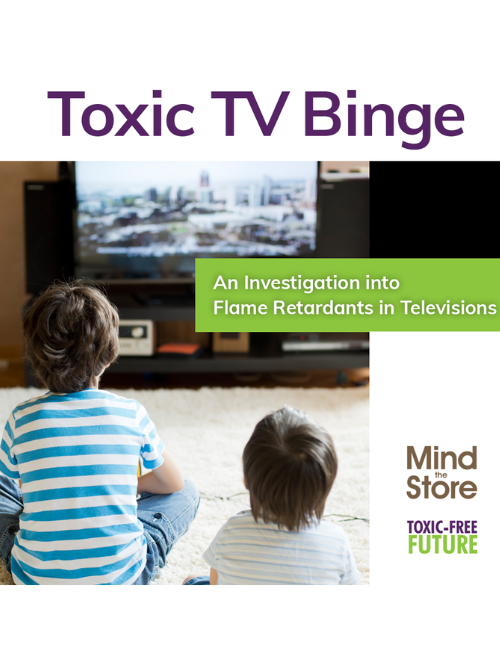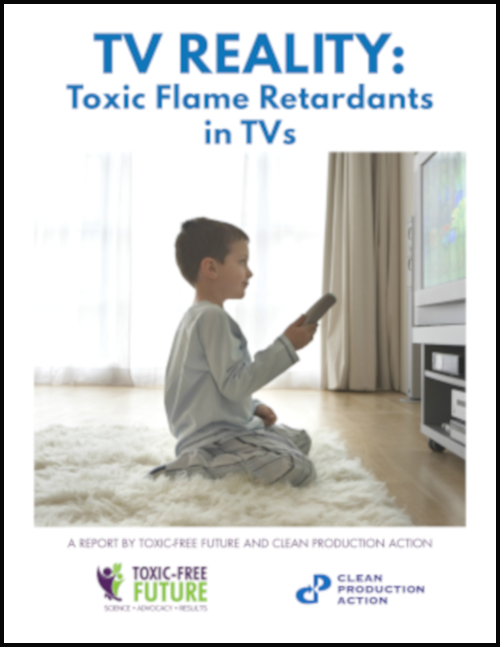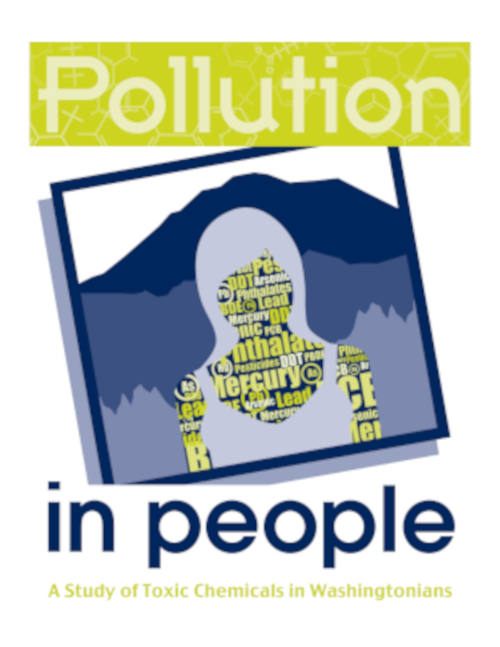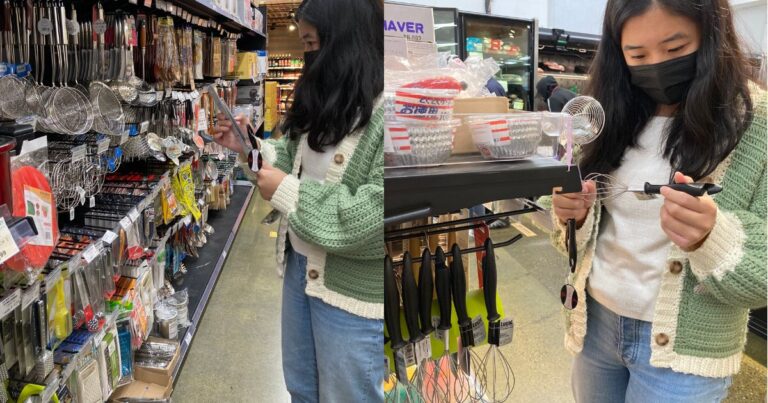Flame Retardant Chemicals in Electronics
From phones to TVs, computers, tablets, and game consoles, most people are using multiple electronic devices daily. And for decades, electronics makers have been putting harmful chemicals into the plastic casings of these products in the name of fire safety.
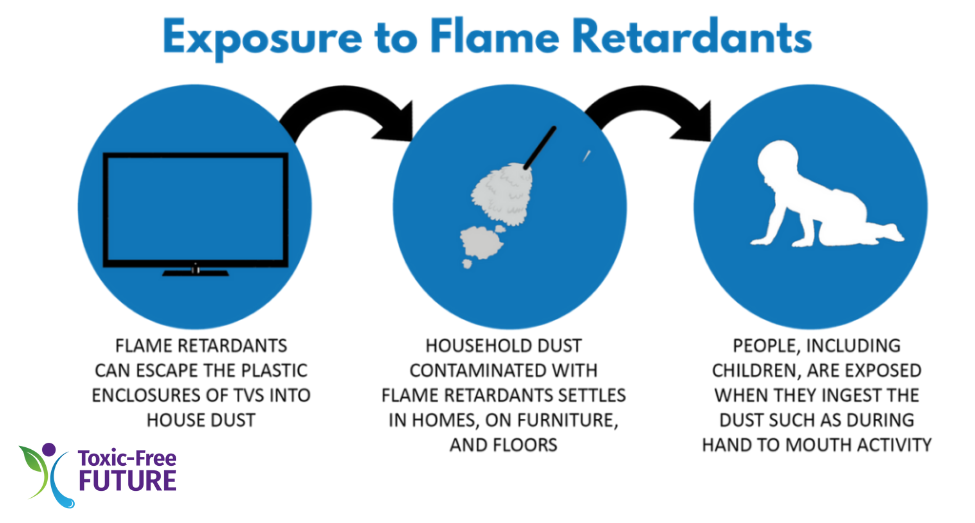 Toxic flame retardants, particularly members of a class known as organohalogens, have been associated with serious human health problems including cancer, decreased IQ in children, and effects on thyroid.
Toxic flame retardants, particularly members of a class known as organohalogens, have been associated with serious human health problems including cancer, decreased IQ in children, and effects on thyroid.
These chemicals become indoor pollutants when they escape the plastic they are mixed into. In homes, adults and children are then exposed to flame retardants through incidental ingestion of dust. Toxic flame retardants also travel in dust through laundry water and out into water bodies. In workplaces, electronic waste recycling is known to release flame retardants and other chemicals into air and dust, exposing workers.
The recycling of the plastic from electronics is also a concern. Flame retardants have been found in kitchen utensils as well as children’s toys, vinyl flooring, and other plastic products, likely from recycled e-waste.
That’s why Toxic-Free Future is working to eliminate toxic flame retardant chemicals from electronics and make sure that products are made in a safer, more sustainable way.
And, because of pressure from consumers like you, some companies are already doing it.
Our original scientific studies finding these chemicals in TVs and streaming TVs have helped make the case for urgent action.
Toxic-Free Future’s science and research, along with our policy advocacy in Washington, DC, Washington state, other states, and corporate boardrooms, have led to governments and major retailers taking action on organohalogen flame retardant chemicals in electronics.
We are continuing to press retailers and manufacturers to stop selling electronics with organohalogen flame retardants and advancing state policies to ban their use.
Our Impact
- Best Buy stopped using some of the most dangerous chemicals in their exclusive brand TVs.
- Advocates in the European Union used our research to pass a ban on organohalogen flame retardants in electronic displays.
- Washington state’s Safer Products for Washington law is poised to restrict organohalogen flame retardants in the casings of electronic devices, which will have a ripple effect outside of Washington.
- New York adopted a law banning organohalogen flame retardants in televisions and other electronic displays.
- The Consumer Product Safety Commission warned consumers about these chemicals in electronics and other products and urged manufacturers to stop using them.
What is the truth about recycling?
When it comes to plastic, it’s now abundantly clear that recycling can’t turn plastic into a safe and sustainable material. The only real solution is to reduce our reliance on plastic by moving to safer and reusable materials.
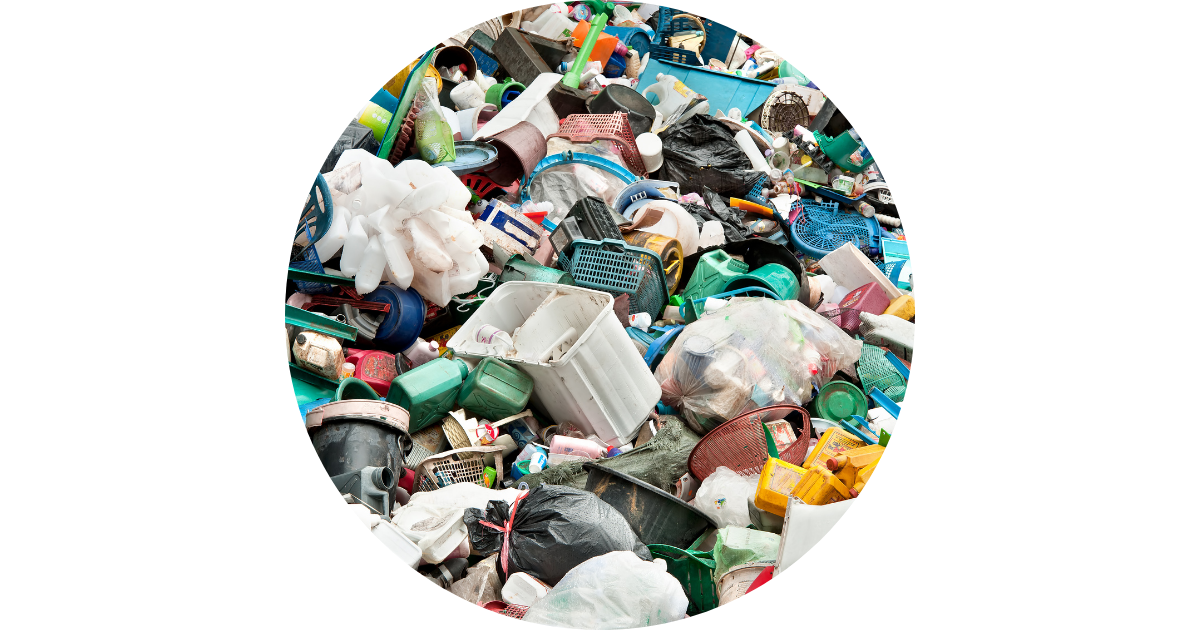
Our Media Coverage
Latest News on Electronics


